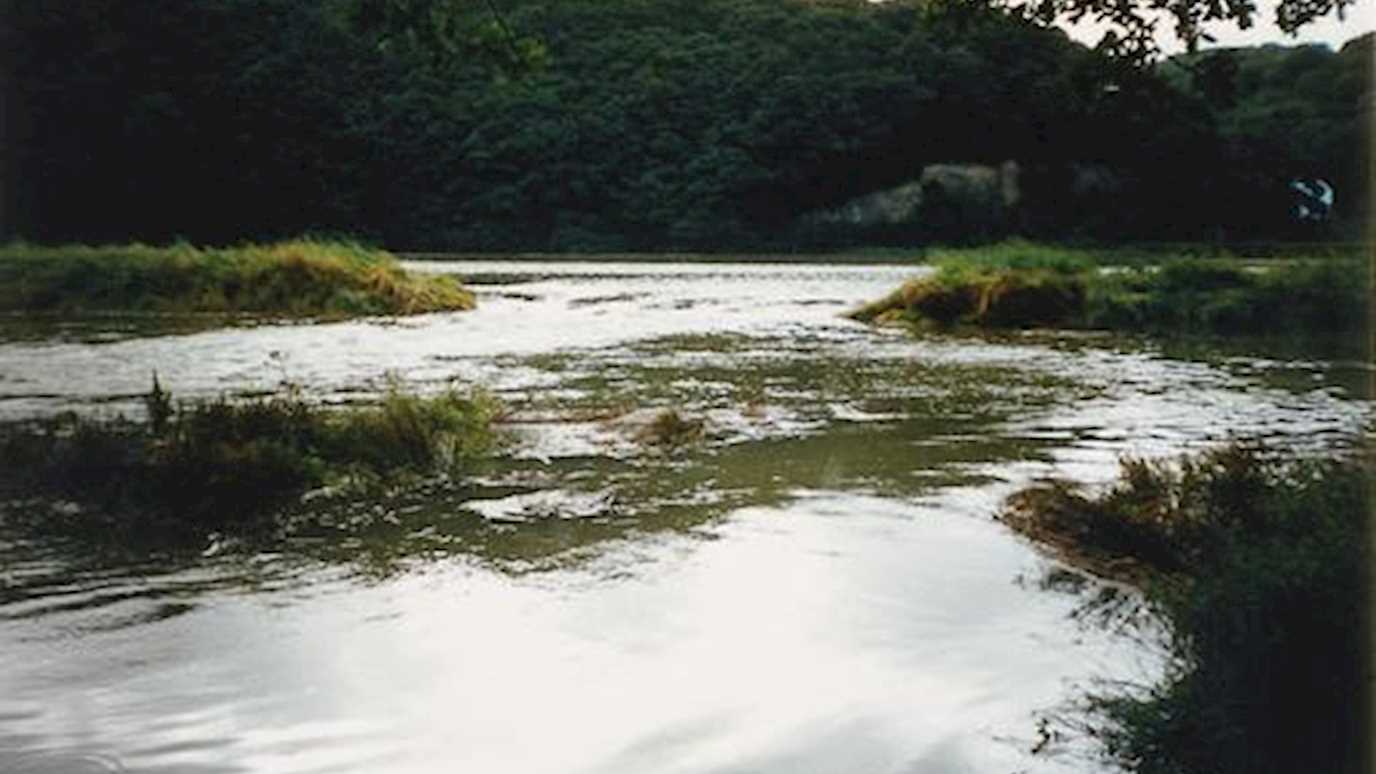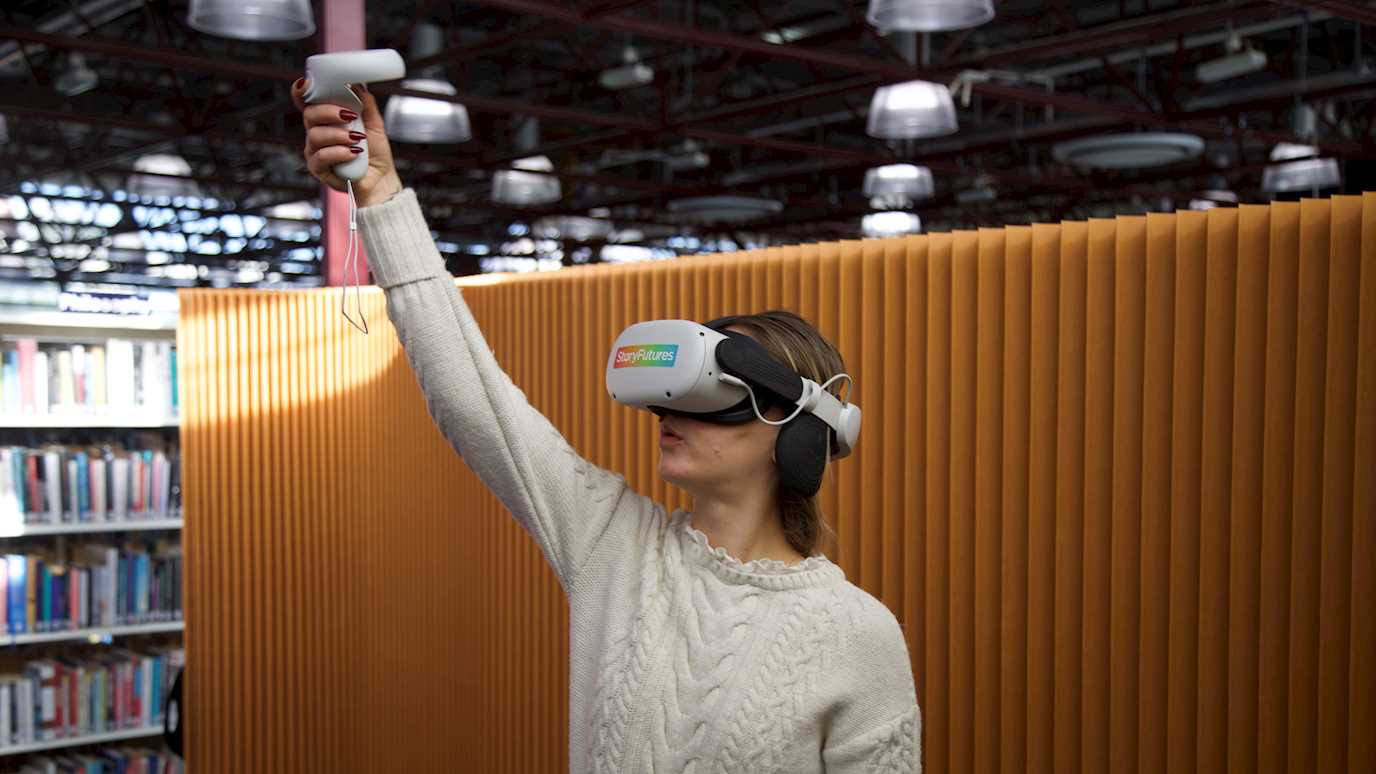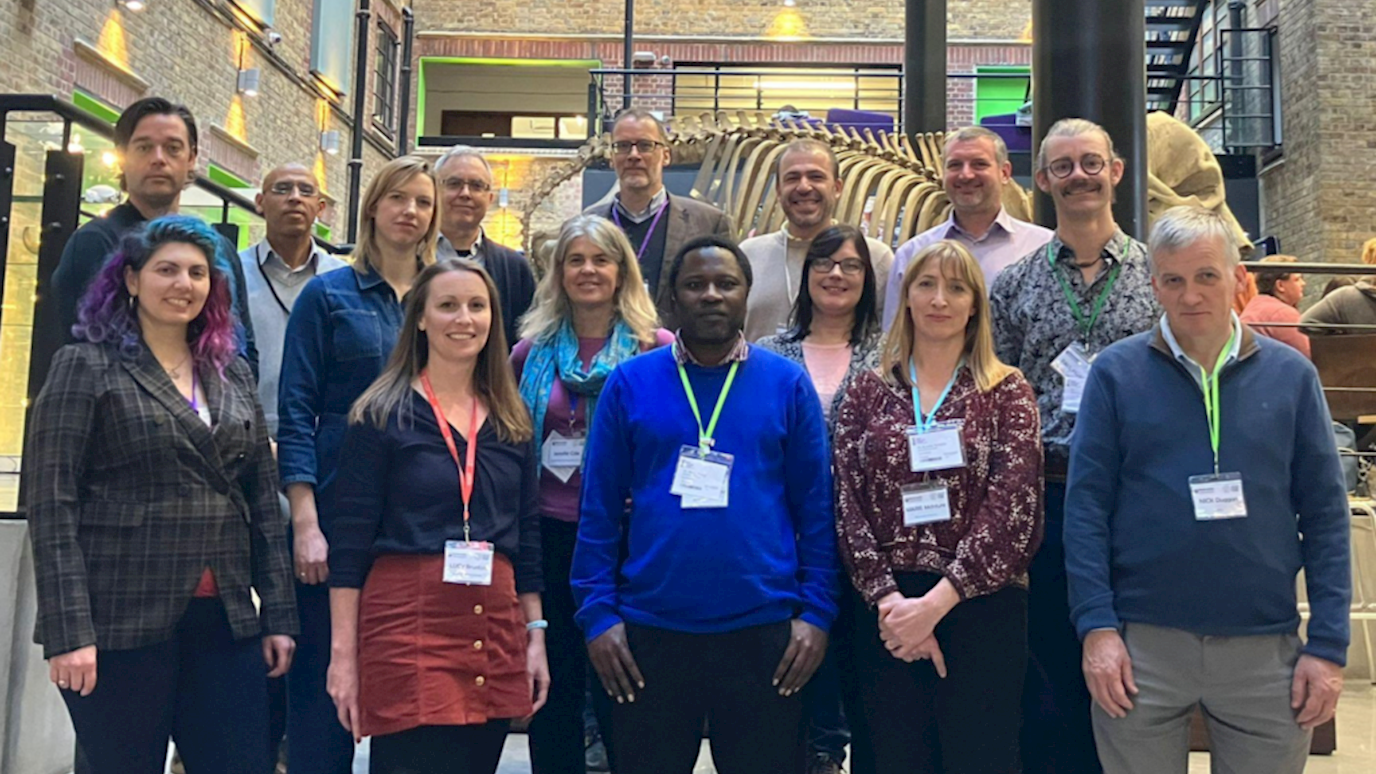The Department of Health Studies at Royal Holloway, University of London has been successful in securing two Global Challenges Research Fund (GCRF) grants to support cutting-edge research that addresses challenges faced by developing countries.

The new projects will focus on developing cross-disciplinary research through global collaborations and build on themes which are instrumental to the department’s teaching on new degree courses in human and environmental health.
The first project proposes to strengthen international research on the role of food fish in harbouring and transmitting antibiotic-resistant pathogens particularly, through the food and supply chain. The aim is to bring together a network of UK researchers who have worked on fish genetics and genomics research in Low and Middle Income Countries (LMICs) with the recently appointed National Fish Genomics and Genetics Research Laboratory at the University of Eldoret, Kenya.
Established female academics from the UK will support, train, and do capacity building of young female academics working at the University of Eldoret, Kenya and link them into existing research networks across the Global South (particularly in India, with the ICAR-SIFT institute in Kochi, Kerala), and with existing networks of researchers working on the microbiome - environment interactions , antimicrobial resistance, hygiene and human-animal-environment interactions in the UK and other LMICs through two milestone international workshops held in month 3 and 9 of the project.
This networking activity will help to bring much-needed project partnerships to the Eldoret laboratory and will help to support the Eldoret academics to lead major international bids in the future. This offers a unique opportunity for a female-led, nearly exclusively female team to develop world-leading expertise in fish microbiome, genetics, and genomics research, which will provide an evidence base for better policy, investment, and community action on the role of food fish in the spread of pathogenic, and often antibiotic resistant bacteria, into the human food chain, environment, and community, benefiting the researchers themselves (as their careers will be enhanced), their institution (which will be better networked into the international community) and Kenya, as food security will be improved through a better understanding of foodborne pathogen risks and transmission pathways.
Dr Jennifer Cole, Director of Global Health masters at Royal Holloway commented,
“The emergence of the partnership between Royal Holloway, University of London, which has extensive research expertise in this field and the University of Eldoret through the Planetary Health Network offers an ideal baseline from which to build a truly international network and knowledge exchange platform that can be cascaded into future partnerships.
An inclusive attitude to postgraduate students (MSc and PhD) within the network will help to prepare the next generation of postdoctoral researchers. Postdocs and ECRs who engage with the network will be supported to make fellowship applications and opportunities to further their research.”
The second research project will build an international collaboration to focus on Antimicrobial resistance (AMR) which is a global challenge, and a complex problem that is driven by many interconnected factors.
The International Network of Veterinary Education for Sustainable Antimicrobial Use and Tackling Antimicrobial Resistance (NetVet4SAMU) is led by Dr Mahmoud Eltholth and Dr Jennifer Cole from the Department of Health Studies, in collaboration with scientists from the University of Glasgow, Ataturk University, Nigde Omer Halisdemir University, Mugla Sitki Kocman University (Turkey), University of Ilorin Ilorin (Nigeria), Karnataka Veterinary, Animal and Fisheries Sciences University (India), Faculty of Veterinary Medicine, Mansoura University (Egypt).
To date, isolated interventions and non-coordinated actions have had limited impact on AMR management, which is a transboundary problem, with resistant pathogens/genes crossing between humans, animals, and the environment. Therefore, an interdisciplinary and innovative approach to understand the drivers of AMR, feasibility, effectiveness, and economic efficiency of potential interventions is required.
The World Health Organisation (WHO), the Food and Agriculture Organization (FAO), the World Organisation for Animal Health (WOAH), and other national organisations have recommended a holistic and multi-sectoral approach to tackle AMR.
Dr Mahmoud Eltholth, Lecturer in Global Health in the Department of Health Studies said,
“This new international network for veterinary education is a novel approach for sustainable use of antimicrobials and combating AMR. The network will include reviewing curricula and assessing knowledge gaps in education across veterinary schools and other related biomedical programmes for antimicrobial stewardship and AMR; as well as creating knowledge transfer between different organisations and sectors.”
The NetVet4SAMU project is funded by £23,950.00 Global Challenges Research Fund Networking Grants Round 8, The Academy of Medical Sciences.
Since opening in 2021, the Department of Health Studies at Royal Holloway has launched three global health masters programmes in 2022 and in September 2023 the department opens its first undergraduate degree, BSc Health Studies. Recently a partnership with the Royal Society for Public Health was signed, enabling BSc Health Studies students to have free membership in their first year, and the department is attracting a growing international community of students.
























